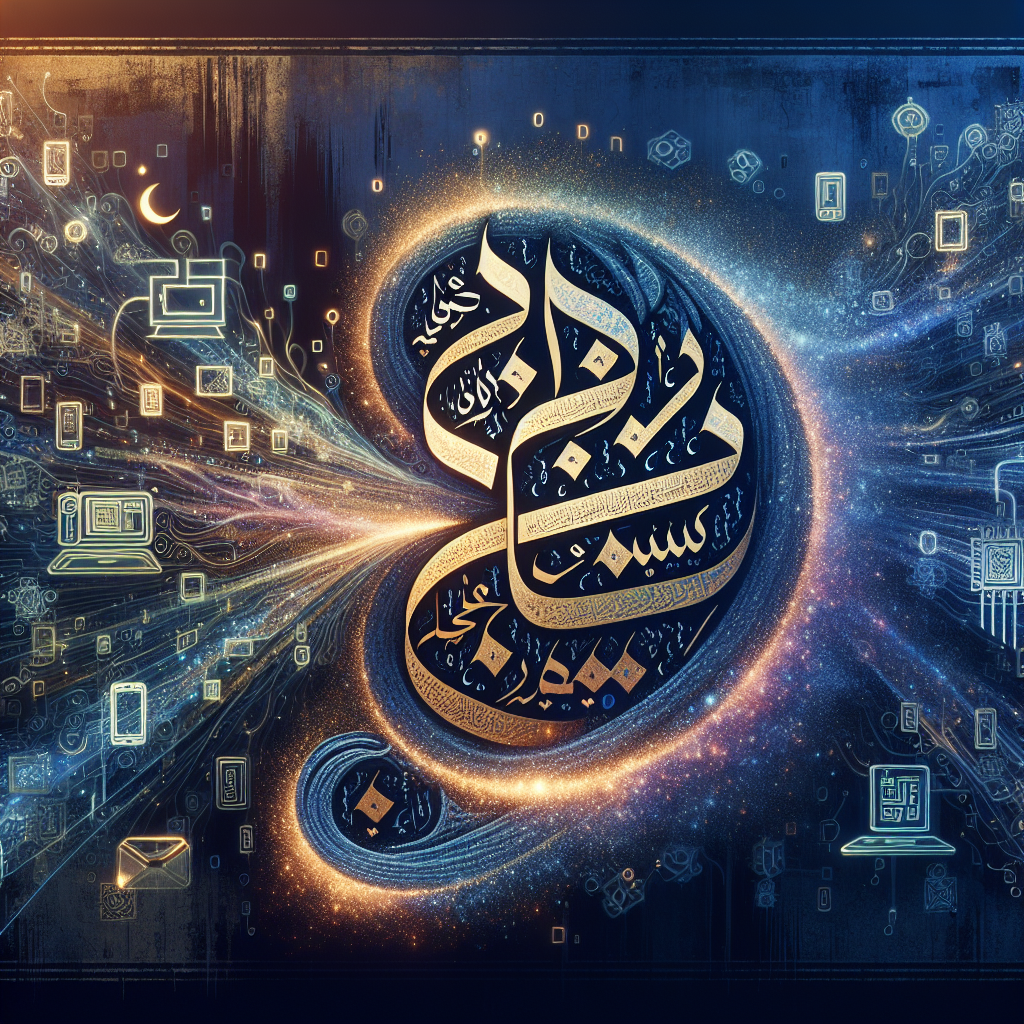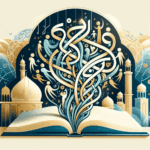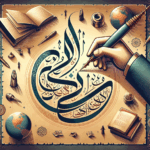The Arabic Alphabet’s Contribution to Global Technological Innovation 🌍
When we think about technology and innovation, we often picture the latest gadgets, software, or even the groundbreaking work of tech giants. But did you know that the Arabic alphabet has played a significant role in shaping the world of technology as we know it today? Let’s delve into this fascinating topic and discover how these beautiful script lines have influenced global technological advancements.
Table of Contents
1. The Historical Context of the Arabic Alphabet
2. The Arabic Numerals: A Game Changer 🧮
3. Influence on Scientific and Mathematical Texts 📚
4. The Modern Impact on Technology and Innovation 💻
5. Conclusion
6. FAQs

The Historical Context of the Arabic Alphabet
The Arabic alphabet, with its distinctive and flowing script, has a rich history dating back to the 4th century CE. Originating from the Nabataean script, it spread widely across the Middle East and North Africa. As the Islamic world expanded, the Arabic script traveled with it, becoming a key tool in preserving and disseminating knowledge across various cultures.
The Arabic Numerals: A Game Changer 🧮
One of the most significant contributions of the Arabic alphabet to global innovation is the introduction of Arabic numerals. These digits—0, 1, 2, 3, 4, 5, 6, 7, 8, and 9—revolutionized mathematics and commerce. Before their introduction, complex and cumbersome Roman numerals were prevalent. The simplicity of Arabic numerals facilitated easier computation and record-keeping, laying the groundwork for complex calculations crucial in technology development.
Influence on Scientific and Mathematical Texts 📚
The golden age of Islamic civilization saw a flourishing of science, mathematics, and philosophy, with Arabic serving as the lingua franca of scholarly work. Renowned scholars like Al-Khwarizmi, whose name gave us the term „algorithm,“ wrote extensively in Arabic, influencing later European thinkers. This exchange of knowledge was pivotal in the eventual rise of the Renaissance, which set the stage for modern technological advancements.
The Modern Impact on Technology and Innovation 💻
Today, the impact of the Arabic alphabet is still evident. In the tech world, many programming languages and software engineering concepts are indebted to the foundational work done by Arabic-speaking scholars. Additionally, the Arab world has become an emerging hub for tech startups, with countries like the UAE and Saudi Arabia investing heavily in technological innovation and digital transformation.
Conclusion
The Arabic alphabet, with its historical roots and cultural significance, continues to influence global technological innovation in profound ways. From revolutionizing mathematics with Arabic numerals to contributing to scientific discoveries, its impact is undeniable. As we embrace new technologies, it’s important to acknowledge and celebrate the diverse contributions that have shaped our digital world.
FAQs
1. How did Arabic numerals become so widely used?
Arabic numerals were adopted in Europe through translations of Arabic mathematical texts. Their simplicity and efficiency in calculations made them preferable over Roman numerals.
2. What role did the Arabic alphabet play in the Renaissance?
The Arabic alphabet was critical in transmitting scientific and philosophical knowledge from the Islamic world to Europe, which helped spark the intellectual revival of the Renaissance.
3. Are there modern technologies inspired by Arabic culture?
Yes, many modern technologies have roots in concepts developed by Arabic-speaking scholars, such as algorithms, which are fundamental to computer science.
4. Why is the Arabic script considered influential in historical texts?
The Arabic script was instrumental in preserving and sharing knowledge across different cultures and centuries, contributing significantly to the scientific and mathematical advancements of the time.
5. How is the Arab world contributing to current technological advancements?
The Arab world is investing in technology and innovation through initiatives like tech hubs and startups, focusing on digital transformation and sustainable tech solutions.






